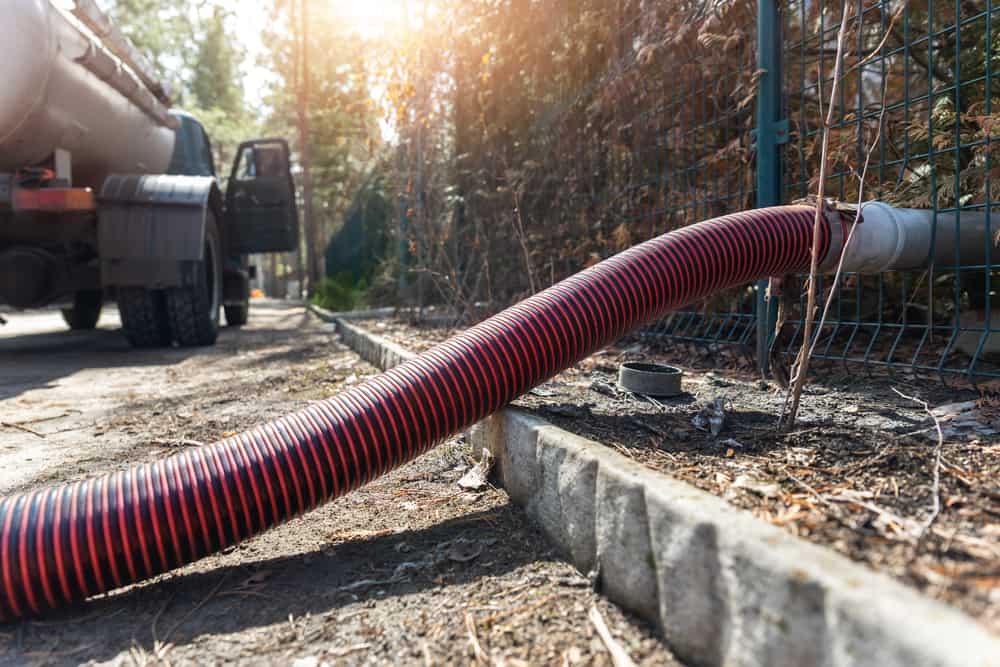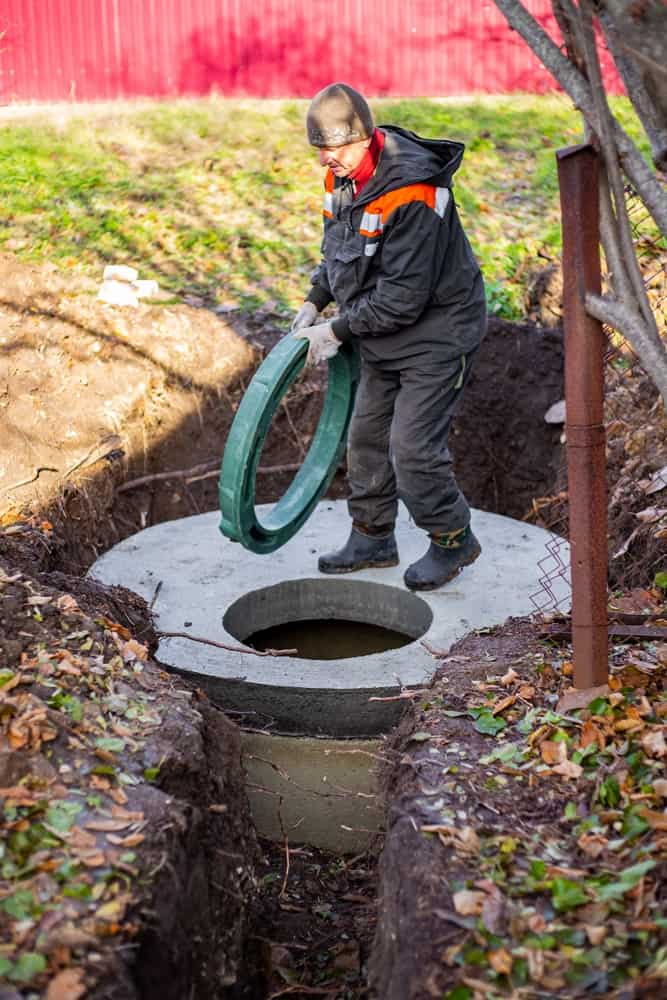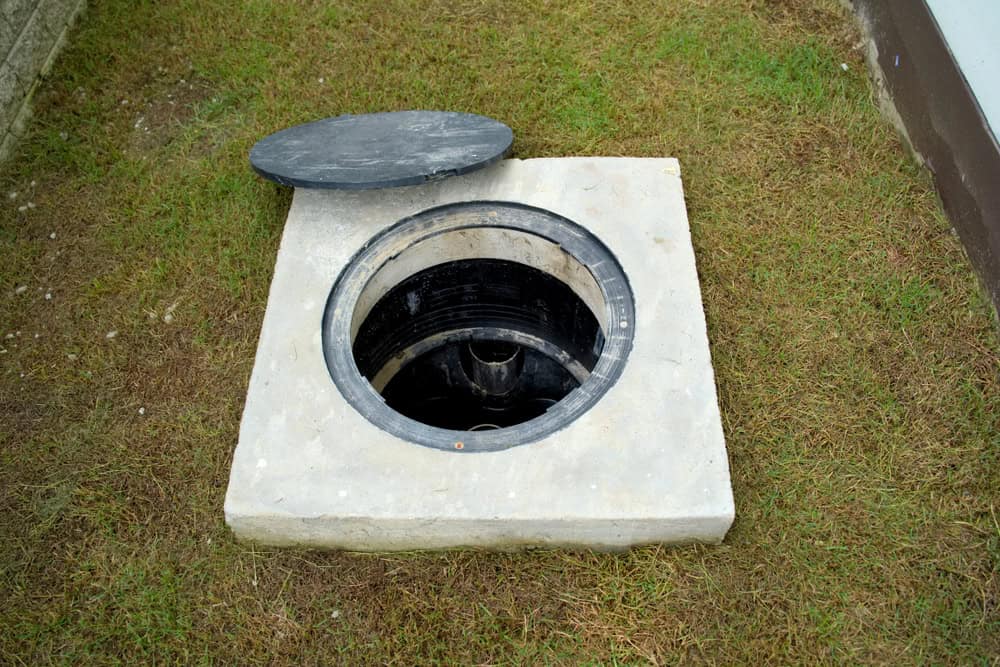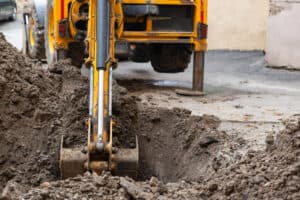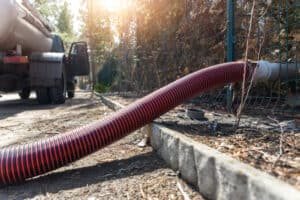How to Properly Maintain Your Cesspool: A Homeowner’s Guide
Maintaining your cesspool is an important part of being a responsible homeowner. A cesspool is a large underground tank that collects wastewater from your home. It is important to properly maintain your cesspool in order to ensure that it is functioning properly and that your home is safe and sanitary. This guide will provide you with the information you need to properly maintain your cesspool.
1. Monitor the Level of Wastewater: It is important to regularly check the level of wastewater in your cesspool. If the level is too high, it can cause the cesspool to overflow and create a health hazard. To check the level, use a long stick or pole to measure the depth of the wastewater.
2. Pump Out the Cesspool: It is important to regularly pump out your cesspool in order to prevent it from overflowing. The frequency of pumping depends on the size of the cesspool and the amount of wastewater it collects. Generally, it is recommended to pump out the cesspool every three to five years.
3. Inspect the Cesspool: It is important to inspect the cesspool regularly for any signs of damage or deterioration. Look for cracks, holes, or other signs of damage. If you find any, contact a professional to repair the damage.
4. Maintain the Surrounding Area: It is important to keep the area around the cesspool free of debris and vegetation. This will help to prevent the cesspool from becoming clogged or damaged.
5. Use Septic-Safe Products: It is important to use septic-safe products in your home in order to prevent damage to the cesspool. These products are designed to break down quickly and not cause any damage to the cesspool.
By following these steps, you can ensure that your cesspool is properly maintained and functioning properly. Proper maintenance of your cesspool will help to keep your home safe and sanitary.
The Benefits of Regular Cesspool Maintenance: Why It’s Important for Homeowners
Regular cesspool maintenance is an important part of home ownership. Cesspools are an essential part of many homes, and they require regular maintenance to ensure they are functioning properly. Regular maintenance can help to prevent costly repairs and ensure that your cesspool is working efficiently. Here are some of the benefits of regular cesspool maintenance:
1. Improved Efficiency: Regular maintenance helps to ensure that your cesspool is working at its peak efficiency. This means that it will be able to handle the amount of waste that is being put into it without becoming overwhelmed. Regular maintenance can also help to identify any potential problems before they become serious, allowing you to address them quickly and avoid costly repairs.
2. Reduced Risk of Contamination: Regular maintenance helps to reduce the risk of contamination from your cesspool. This is especially important if you have a septic tank, as it can be a source of contamination if it is not properly maintained. Regular maintenance can help to identify any potential problems before they become serious, allowing you to address them quickly and avoid contamination.
3. Reduced Odors: Regular maintenance can help to reduce odors from your cesspool. This is especially important if you have a septic tank, as it can be a source of unpleasant odors if it is not properly maintained. Regular maintenance can help to identify any potential problems before they become serious, allowing you to address them quickly and reduce odors.
4. Reduced Risk of Blockages: Regular maintenance can help to reduce the risk of blockages in your cesspool. Blockages can be caused by a variety of things, including debris, roots, and other materials. Regular maintenance can help to identify any potential problems before they become serious, allowing you to address them quickly and avoid blockages.
Regular cesspool maintenance is an important part of home ownership. It can help to ensure that your cesspool is working efficiently, reduce the risk of contamination, reduce odors, and reduce the risk of blockages. Taking the time to perform regular maintenance can help to save you money in the long run, as it can help to prevent costly repairs and ensure that your cesspool is functioning properly.
Common Cesspool Maintenance Mistakes to Avoid: What Homeowners Should Know
Homeowners should be aware of the common mistakes that can occur when maintaining a cesspool. Cesspools are an important part of wastewater management, and proper maintenance is essential for their proper functioning. To ensure that your cesspool is functioning properly, here are some common mistakes to avoid:
1. Not Pumping Regularly: Cesspools should be pumped out every three to five years, depending on the size of the cesspool and the amount of wastewater it receives. If the cesspool is not pumped regularly, it can become clogged and cause wastewater to back up into the home.
2. Not Monitoring the Cesspool: Homeowners should regularly monitor the cesspool to ensure that it is functioning properly. This includes checking for any signs of leakage, such as wet spots in the yard or a foul odor.
3. Not Maintaining the Cesspool: Homeowners should also ensure that the cesspool is properly maintained. This includes cleaning the walls and floor of the cesspool, removing any debris, and ensuring that the lid is securely in place.
4. Not Using the Right Chemicals: Homeowners should only use chemicals that are specifically designed for cesspools. Using the wrong chemicals can damage the cesspool and cause it to malfunction.
5. Not Hiring a Professional: If a homeowner is not experienced in cesspool maintenance, they should hire a professional to inspect and maintain the cesspool. A professional can identify any potential problems and provide advice on how to properly maintain the cesspool.
By avoiding these common mistakes, homeowners can ensure that their cesspool is functioning properly and that their wastewater is being managed properly. Proper maintenance of a cesspool is essential for the health and safety of the home and its occupants.

